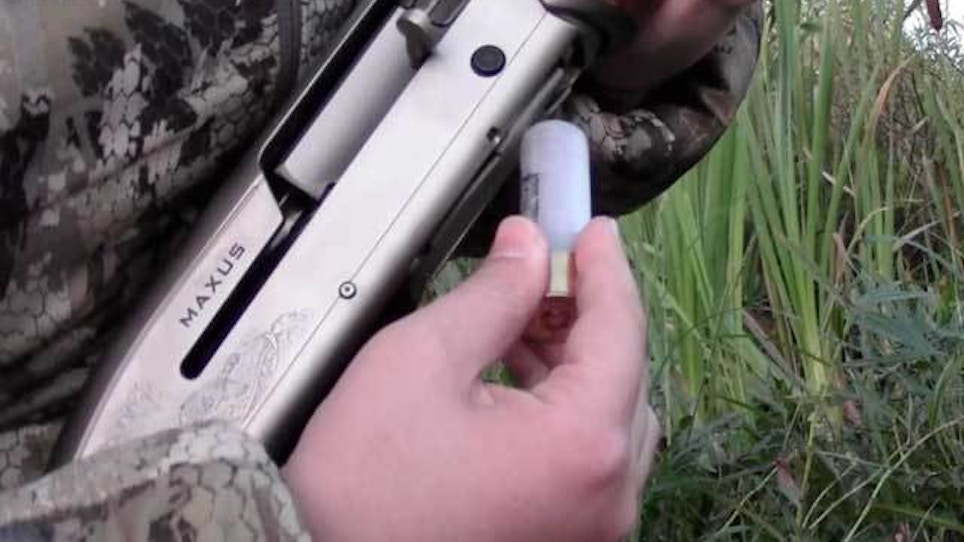By BRENT FRAZEE The Kansas City Star
KANSAS CITY, Mo. (AP) — Bob Borman continues to cling to a dying tradition.
He remembers days when little country cafes were filled with orange-clad hunters at this time of the year, when brushy fields were alive with quail, when the season opener was a major event.
No longer. As the quail population has plummeted, mainly due to long-term loss of habitat, so has the number of hunters. And the first few days of the season pass silently.
But to Borman and his longtime hunting buddy, Mark Swan, they still are cause for celebration.
"I remember when our goal was to either get a limit or be out there until it got dark," said Borman, 65, who lives at Weatherby Lake. "It's not like that anymore.
"We don't measure the success of our hunts by how many quail we shoot. We still have birds, but nowhere near what we used to have.
"But we still love being out here hunting them."
All of the elements of a memorable hunt were in place when Borman set out early Saturday. He was accompanied by Swan, the friend whom he has hunted with since the 1980s. And he had a new generation of hunters whom he was introducing to the sport, his 15-year-old grandson, Ashton Brady, and his 12-year-old granddaughter, Emma Roberts, along for the hunt on the land he leases in northwest Missouri.
Brady was still talking about last weekend's youth hunt, when he shot four quail on the same land they would be hunting. Roberts was buzzing with excitement about taking part in her first real hunt.
"I've gone with before," she said. "But this is the first time I've carried a gun."
Some of that excitement faded two hours into the hunt after the group ambled up hills and down valleys and failed to find a single quail. Borman's German shorthair, Spot, was a perpetual-motion machine, dashing in and out of cover, trying to pick up the scent of birds. But nothing.
Still, Borman was undaunted. He was back on the land he and others lease, and it felt great.
"I started coming up here in 1973," he said. "A friend introduced me to the sport and I loved it.
"When that first covey got up, I emptied my gun and didn't get anything. But I knew this was for me. Not long after that, I started knocking on doors, trying to get permission to hunt."
He found a place and the landowner even showed him where he had seen quail.
"I walked a tree row, and there were so many quail in there, I had used a box of shells by the time I got to the end of it," Borman said with a laugh. "The only problem was, I didn't have a single bird to show for it."
That changed with time. Borman got a good bird dog, he started hitting his shots with regularity and he reveled in the glory days of the 1980s.
But as good habitat gradually disappeared, so did the quail. The last decade has been tough.
But Borman and Swan stuck it out, through the good times and the bad.
"We had a couple years where we would come up here for the opener, and we didn't even brings guns," Borman said. "We would just follow the dogs around, and see what we could find."
Borman and Swan dedicated themselves to helping the quail recover on the land they hunted. As members of Quail Forever, the national conservation group, they followed guidelines for providing the food and cover that quail liked. They also got assistance from the Missouri Department of Conservation's quail programs.
They cut down trees along the edge and piled them on top of each other so that quail would have the brushy canopy cover they needed, and they planted food plots and native grasses.
It wasn't long before the quail responded. They now have several coveys roaming the land they lease, and they again have confidence in the future.
"We only take one or two birds out of every covey," Borman said. "We don't overdo it. We're not out to take a limit anymore.
"It's just encouraging that we're seeing more quail as a result of some of the work we've done."
———
Information from: The Kansas City Star, www.kcstar.com






